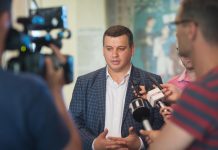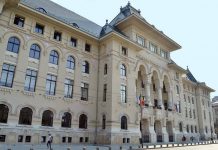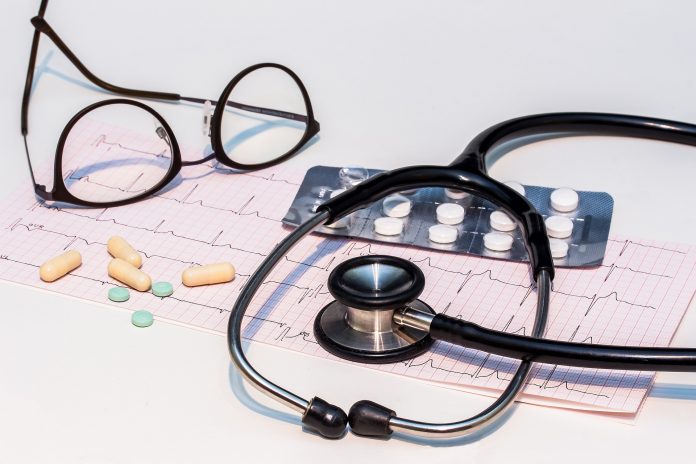Scientists from Stanford University say they can run a blood test to check how fast a person’s internal organs are ageing, and predict which ones might soon fail.
They tried it on thousands of adults, mostly middle-aged or older.
One in five reasonably healthy adults aged 50-plus might have at least one fast-ageing organ, the results suggest.
The blood test looks for levels of thousands of proteins to give clues on which organs are ageing at different rates. The pattern of proteins detected appeared to be specific to particular organs. Researchers trained a machine-learning algorithm to make the predictions using lots of blood test results and patient data.
One of the investigators, Dr Tony Wyss-Coray, explained: „When we compared each of these organs’ biological age for each individual with its counterparts among a large group of people without obvious severe diseases, we found that 18.4% of those aged 50 or older had at least one organ aging significantly more rapidly than the average.
The university has now submitted the paperwork to patent the test, in case it can be used and sold in the future, though more studies are needed to verify accuracy.
Dr Wyss-Coray’s earlier work suggests the biological ageing process is not steady but comes in bursts, with some rapid accelerations in people’s mid-30s, early-60s and late-70s.
Prof James Timmons, an expert in age-related health and diseases at Queen Mary University of London, has also been studying blood markers of biological age. His work focuses on detectable gene changes, rather than proteins.
Dr Wyss-Coray added: „If we can reproduce this finding in 50,000 or 100,000 individuals it will mean that by monitoring the health of individual organs in apparently healthy people, we might be able to find organs that are undergoing accelerated ageing in people’s bodies, and we might be able to treat people before they get sick.”

















